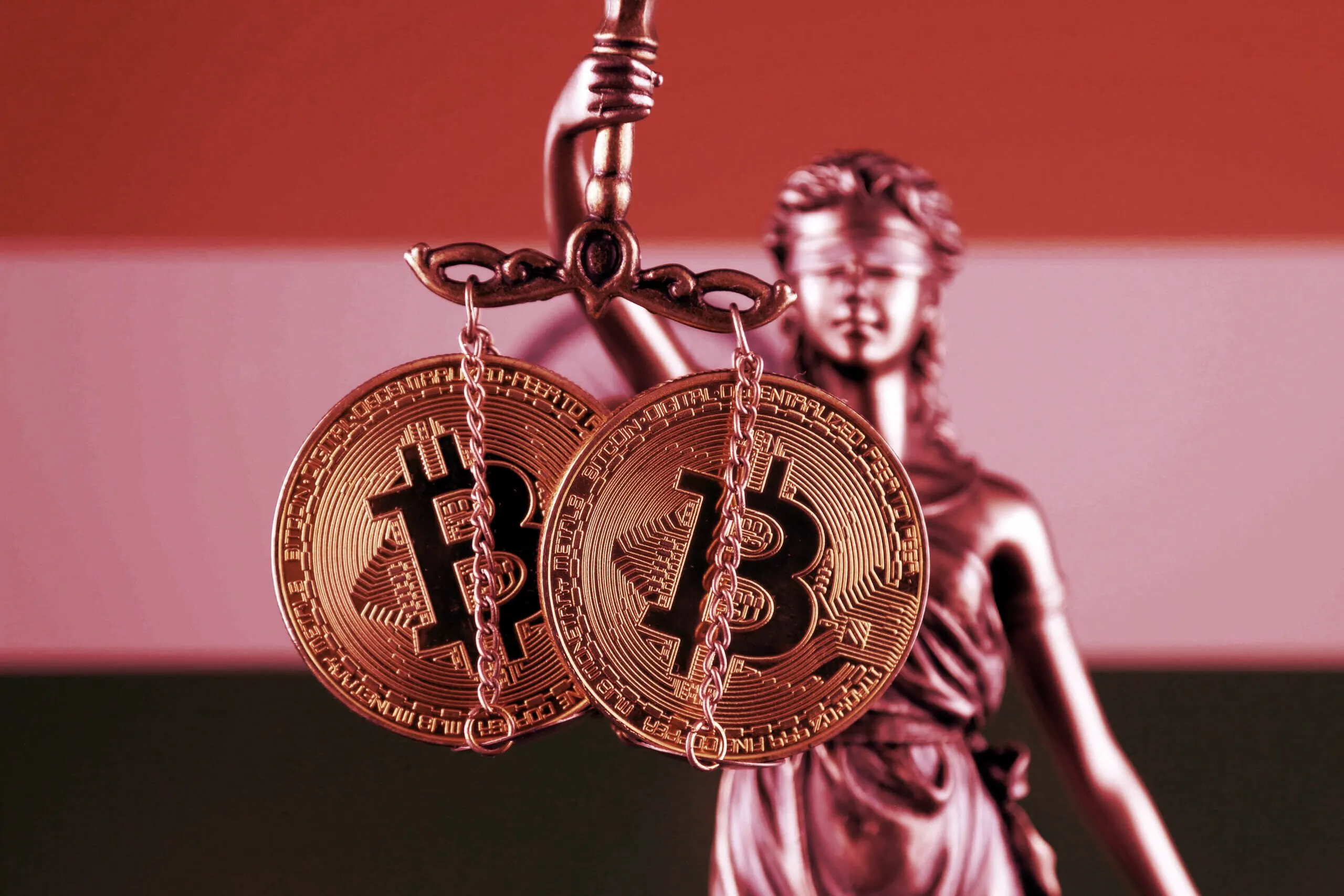In brief
- The Reserve Bank of India told banks not to rely on an old circular that the Supreme Court debunked last year. The circular said that banks shouldn’t work with crypto exchanges.
- Indian crypto executives told Decrypt that today’s notice is unlikely to convince major banks to work with them.
India’s central bank has asked banks not to cite its 2018 circular that barred them from dealing with crypto companies, and reminded banks that the country’s Supreme Court quashed the ban last year.
In the April 2018 circular, the Reserve Bank of India said that banks couldn’t deal with “any individual or business entities dealing with or settling virtual currencies.”
Last March, India’s Supreme Court ruled that the central bank’s circular carried no weight and that banks could transact with crypto companies if they so wished. Despite the ruling, major Indian banks continue to bar crypto exchanges.
Indian crypto exchanges have continued to challenge the RBI. This past Friday, several exchanges threatened to take the RBI to the Supreme Court after it emerged earlier this month that the RBI informally told banks to cut ties with crypto businesses.
Finally, the RBI has met the demands of crypto exchanges.
“In view of the order of the Hon’ble Supreme Court, the circular is no longer valid from the date of the Supreme Court judgment, and therefore cannot be cited or quoted from,” said the RBI’s Chief General Manager, Shrimohan Yadav, in a notice today.
Sidharth Sogani, CEO of Indian crypto intelligence firm CREBACO, told Decrypt that today’s notice fulfilled a long overdue formality. The RBI was trying to “save itself from legal headache” caused by the threat of the lawsuit, he said.
While the RBI’s notice said that banks can serve any customers that meet their standards, it didn’t encourage banks to work with crypto companies, and there’s no indication that today’s notice will change much at all.
“Multiple bank managers have told me they are not allowing crypto as per their internal compliance policy—not because of the RBI,” Zakhil Suresh, founder of crypto trading simulator SuperStox, told Decrypt.
Suresh said that bank policies have already hurt the industry. “Even employee bank accounts were frozen for receiving salary from a crypto exchange,” he said.
Sogani expects that small banks may now allow crypto customers. Better than nothing, he said; however, small banks often don’t offer the complex APIs that crypto exchanges need.
But if no major banks will work with crypto companies, crypto exchanges will remain stuck in the mud.

